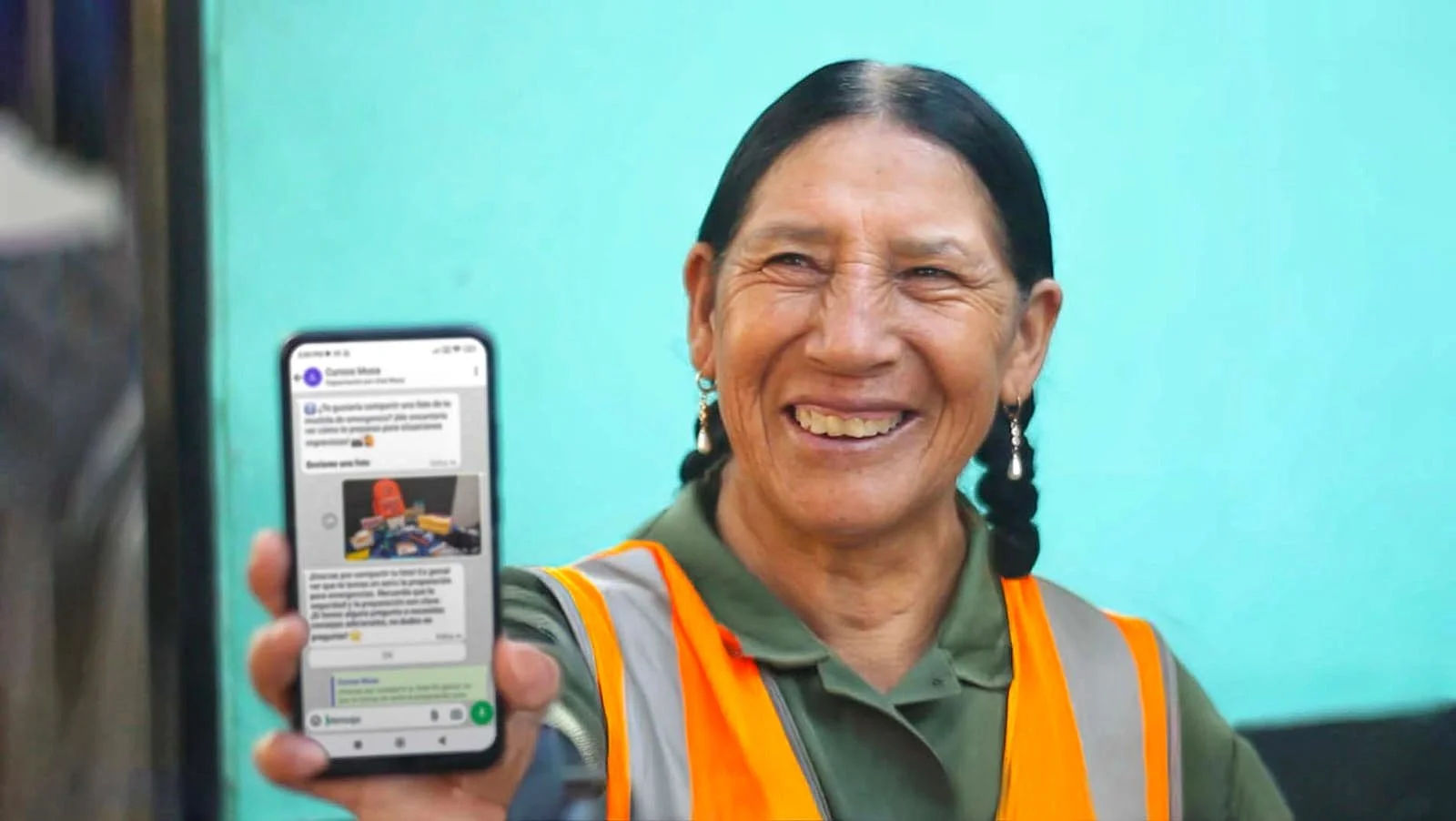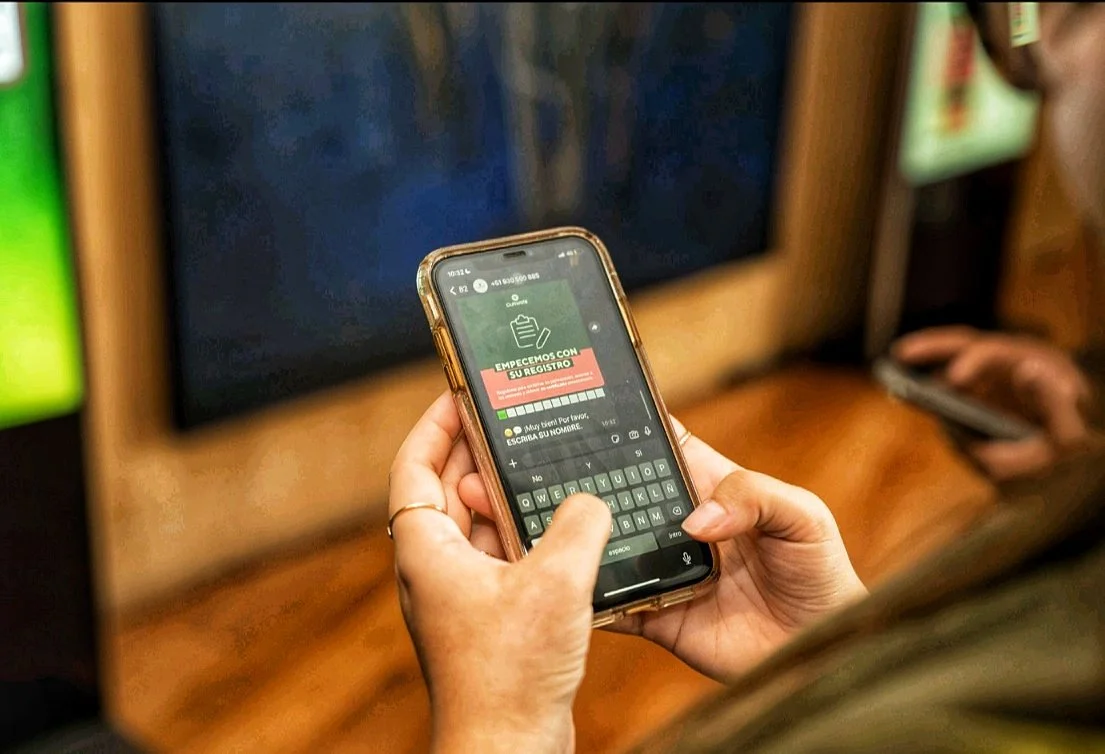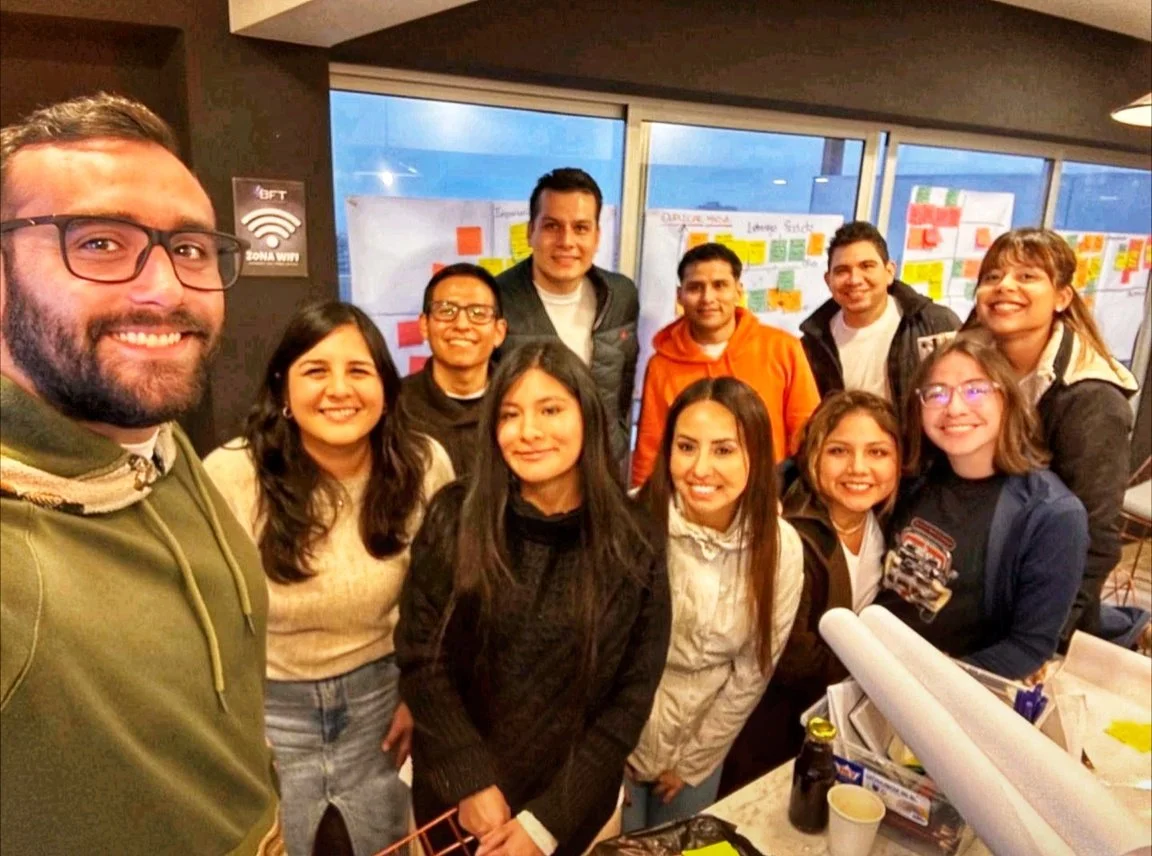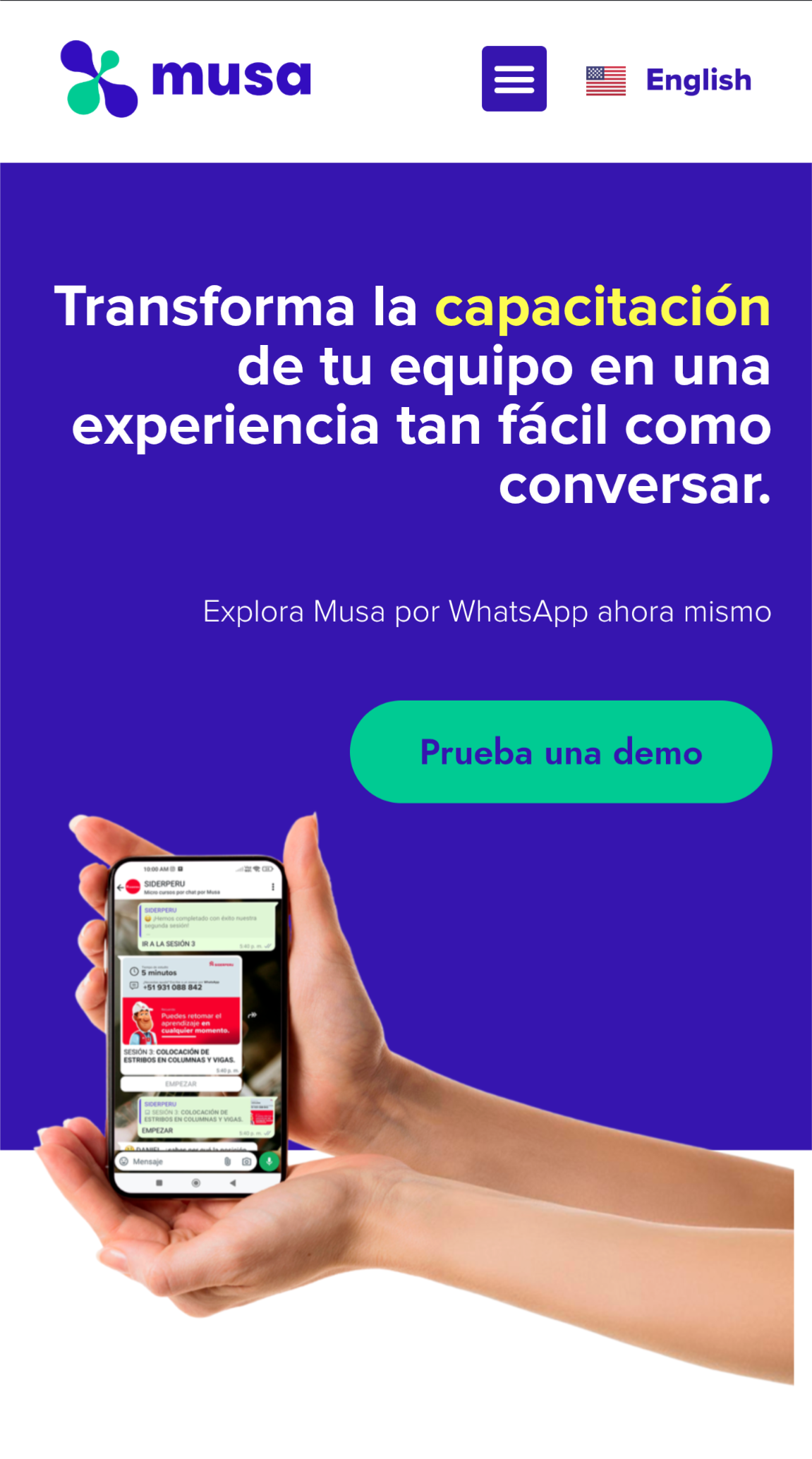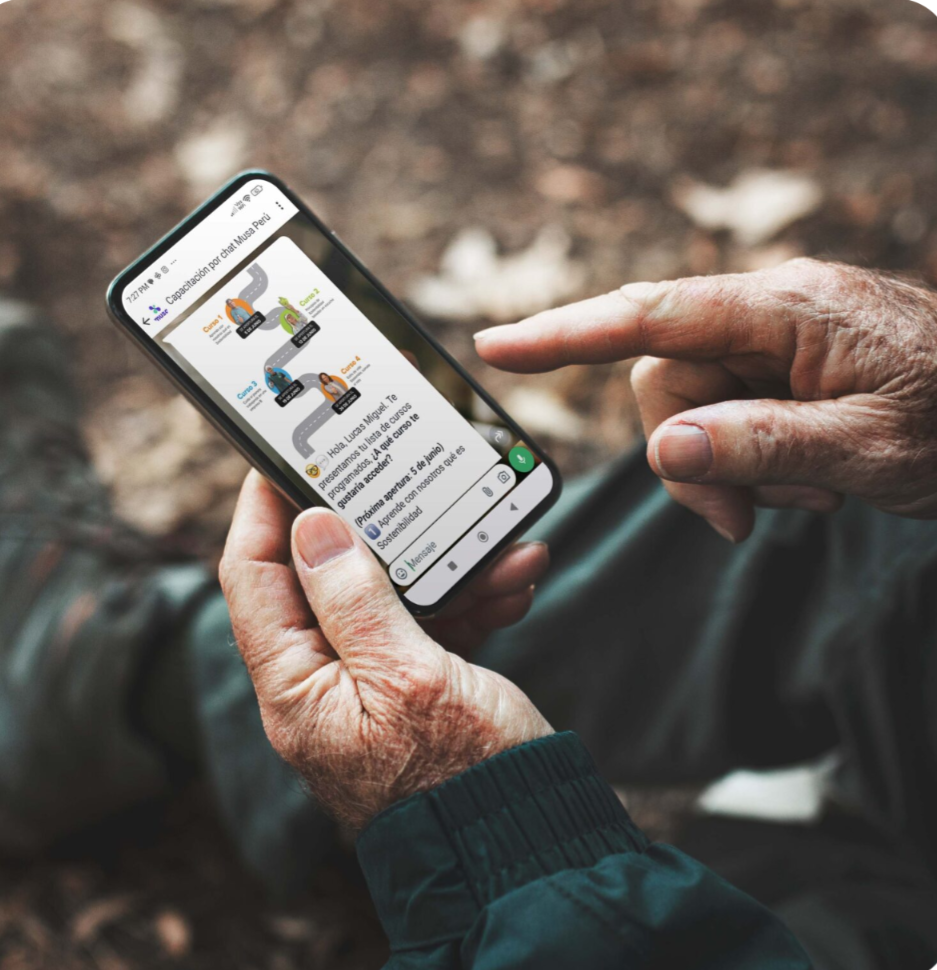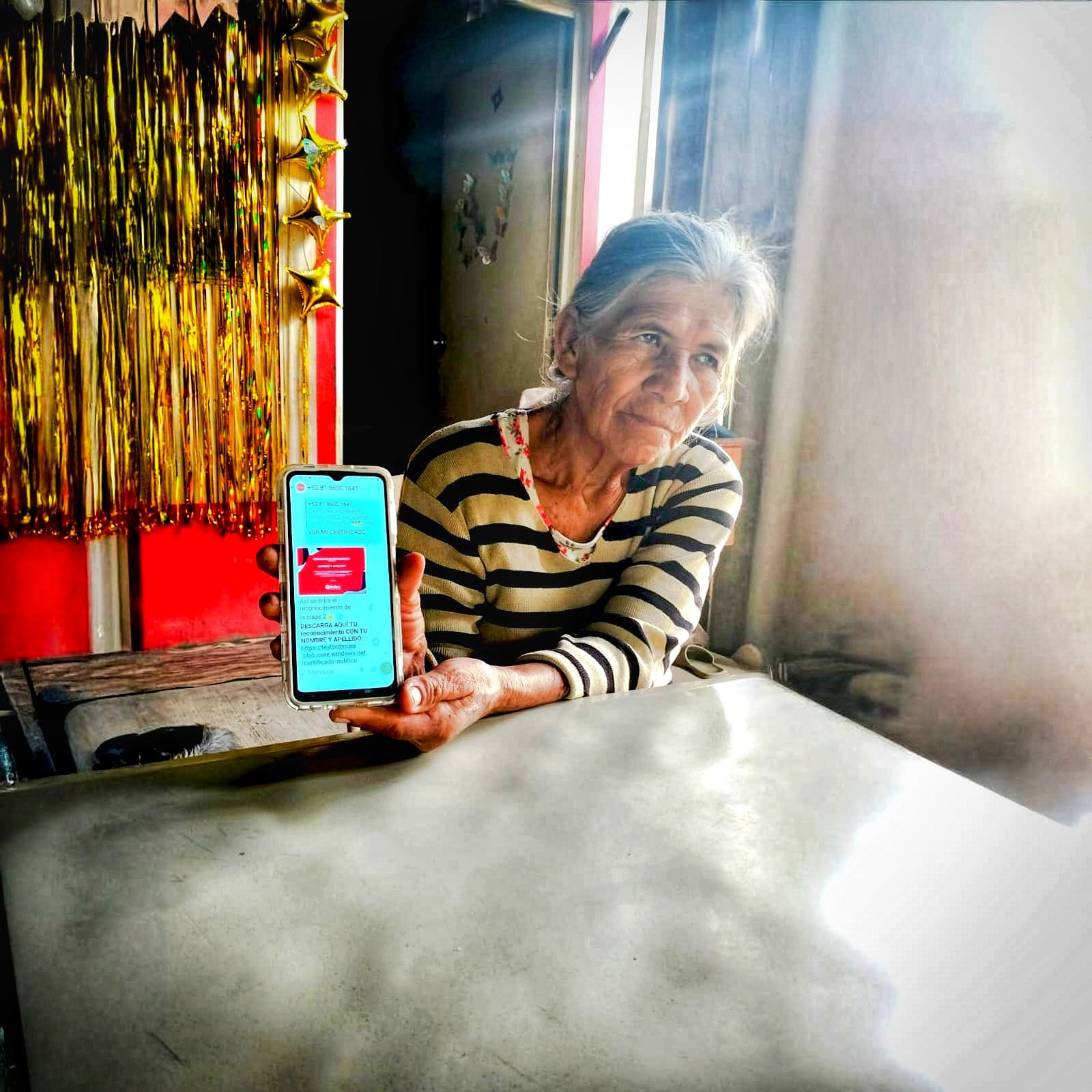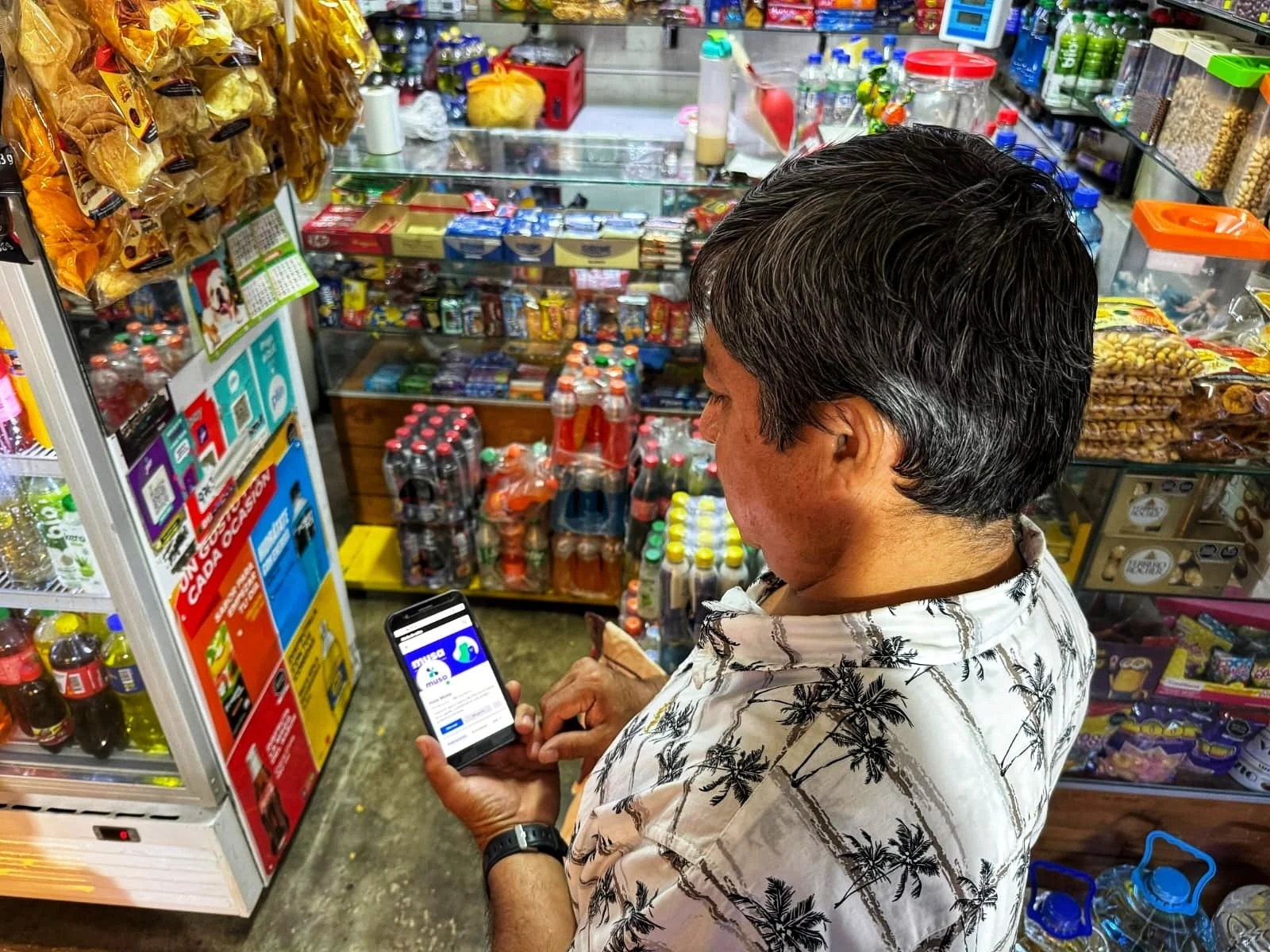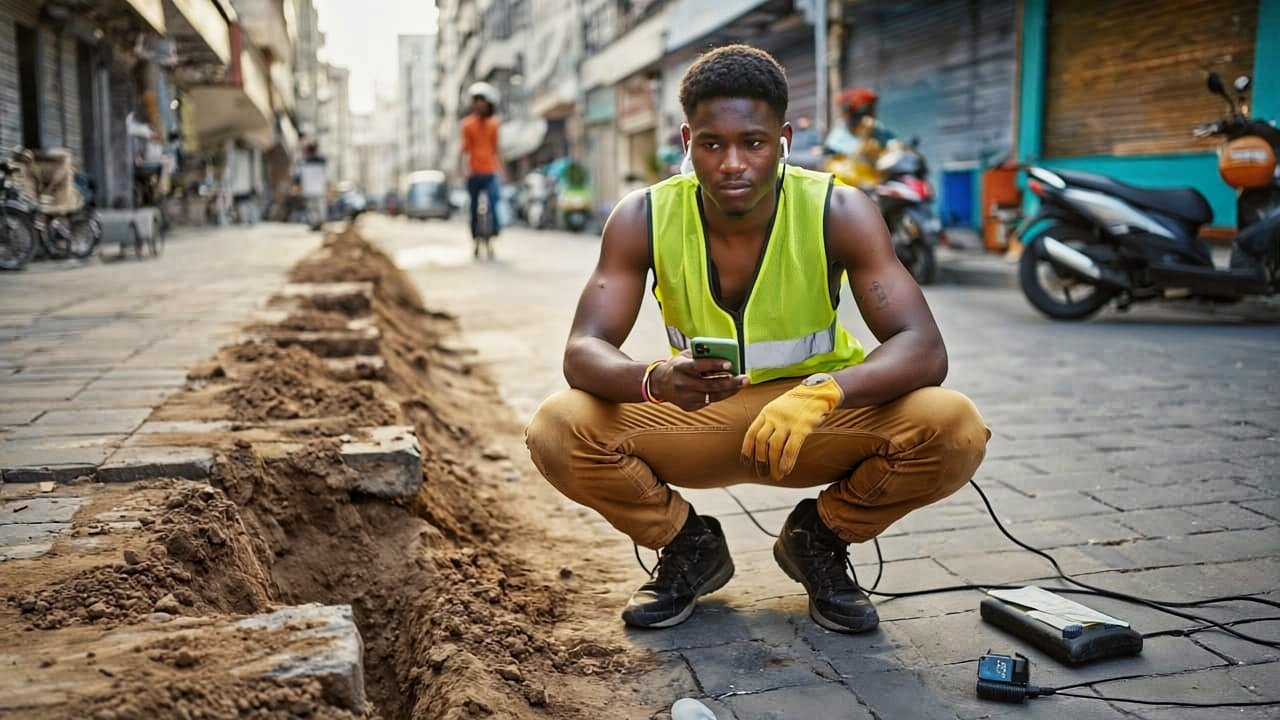Learning in Their Pockets: Musa’s AI-Powered WhatsApp Upskilling for the World’s Frontline
Read time: 7 minutes
⏰ Only have a minute? View this in Big Ideas in Small Doses.
Learning in their pockets: Simple and familiar workforce development, right where people already are – on WhatsApp.
What if the future of workforce learning isn’t in learning platforms, but in the pockets of everyday workers — accessible through apps they already use, like WhatsApp?
3 billion Users, One Ubiquitous Channel
In Santiago, Álvaro finishes a long shift at a hotel and boards a crowded bus home. His phone buzzes — not a message, but a short quiz about how to handle customer complaints. He smiles, answers, and unlocks the next module. He isn’t in school. He isn’t even using a learning platform. He is learning — on WhatsApp
Simple and accessible learning? That's Musa, powered by WhatsApp, right on your phone. It makes improving skills really easy for frontline workers.
As conversations around AI in education heat up — with debates on bias, content moderation, and multimodal learning — one quiet revolutionary shift is already underway: learning systems that are chat-based, accessible, and embedded into everyday life.
This is powered by the sheer scale of platforms like WhatsApp, boasting over 3 billion users globally and serving as a powerful channel for delivering mobile learning solutions directly to workers
That’s what Musa, an AI-powered learning companion, is doing for 500,000 frontline workers and jobseekers in Latin America. Founded by Erik Sibille, Patricia Barrios and Mónica Ramos in Lima, Peru, Musa believes that upskilling the global workforce doesn’t need to be platform-first — it needs to be people-first.
The Musa team, including co-founders Erik Sibille, Mónica Ramos, and Patricia Barrios.
With 2.7 billion frontline workers globally, who make up 80% of the world's workforce, digital classrooms often feel a world away.
This marks a fundamental flaw in how global workforce development has long been designed. Musa is flipping the script by providing radical access and digital equity, simply by meeting users right where they are.
The Talent is Here. The Tools are Not.
he talent is already here. What’s missing is access.
Over 5 billion people own smartphones, yet less than 5% of workforce learning platforms are truly mobile-first. While many platforms assume a desktop interface or broadband internet, most of the world, particularly in emerging markets learns on smaller screens, over unstable networks, and in time-pressured environments.
Musa bridges this gap with purpose-built simplicity, offering an inclusive education pathway. Designed by a team of engineers, behavioural scientists and educators, Musa delivers AI-driven, bite-sized training via WhatsApp — an app many users already trust, use, and keep active, making it an ideal informal learning channel.
It’s not just WhatsApp. It’s Smart Design.
Rather than ask workers to adapt to new tools, Musa adapts to them.
By building directly on WhatsApp, Musa removes the friction of new app installs, passwords, or unfamiliar interfaces. This human centred design increases adoption and sustains engagement. The results? Increased completion rates, real-time engagement, and deeper learning outcomes.
The Science Behind the Design.
Bite-sized by design.
Each learning path is broken into 15-minute modules — short enough to fit into a lunch break or commute, long enough to make progress. It’s not just a stylistic choice. Cognitive science shows that we learn better in “chunks”; smaller doses of focused content reduce overload and improve retention. It also respects how adults learn in the real world — between shifts, during downtime, or while juggling care work. Micro learning isn’t just efficient. For many, it’s the only way learning gets done.
Designed to stick.
Musa doesn’t overload learners with content. Instead, it uses simple, proven techniques that support memory and long-term understanding. Retrieval practice, spaced repetition, and gentle nudges are built into the flow. These approaches aren’t new, but in low-resource settings, they’re often missing. Here, they’re made practical — so learners don’t just scroll through content. They remember it.
Human - Centered Design. Learning that fits into life.
Everything about Musa starts with people: who they are, what their days look like, and when they have space to learn. That might mean sending lessons in the evening for farmers, or offering audio options for learners who don’t read fluently. It’s not just the content that’s localised — it’s the tone, timing, and flow. When learning feels familiar, it feels possible.
Active learning and personalization. More doing, less watching.
Musa keeps students engaged. Every few minutes, there is a question, an option, or an opportunity to reflect. The chat is not passive; it responds. As people respond, Musa adapts. It offers encouragement, repeats what is needed, and adjusts according to each student's progress. It is not a one-size-fits-all. And for many users, it doesn't feel like a bot, it feels like support.
Diverse Learning Modalities. Audio here. Visual there.
Whatever works. Learning happens differently in different places. In Senegal, telecom workers listen to audio lessons while installing fibre optic cables. In other regions, teachers might receive voice notes or tap through visuals. It’s not about fancy formats. It’s about making sure everyone can learn — whether they can read, stream video, or sit still with a screen.
Low-Data & Zero-Download. No app. No friction. Just WhatsApp.
Musa runs on what people already use. It’s low-data, mobile-native, and built for entry-level smartphones. There’s nothing to download, and no heavy video to stream. That matters in places where data is expensive, and devices are shared. If it works on WhatsApp, it works everywhere.
Customisation & Localisation Not just translated — tailored.
In Peru, that might mean a recipe for a mother feeding her family. In Chile, it could be a voice note explaining warehouse safety. For teachers who walk long distances to school, lessons arrive as podcasts. The goal is simple: meet people where they are, in the language and format that fits their day.
500,000 Learners, 6 Countries, One Chat: Inside Musa’s Model for Inclusive Growth
Musa isn’t just building tools — it’s building futures. By designing learning that fits real lives, Musa is helping hundreds of thousands of people across Latin America and Africa build skills, grow confidence, and improve their economic well-being. The impact goes far beyond innovation. It’s measurable, scalable, and deeply human.
Measurable Success at Scale
Remarkable engagement: Musa achieves 90% completion rates and 70% learning rates — four times higher than traditional training methods.
Expansive reach: Over 500,000 people trained across more than 40 projects — with a plan to reach a 1 million users by the end of 2025.
Strong learner satisfaction: Users rate their experience an average of 4.8 out of 5.
Collaborative by design: Musa works with partners like the United Nations Development Program (UNDP), Teach for Peru, and Tecnológico de Monterrey, Walmart, and Natura.
Truly global: Active across Chile, Ecuador, Mexico, Peru, Kenya, and Senegal.
Beyond the Numbers: Real Stories, Real Impact
Musa’s impact doesn’t stop at the data—it lives in the daily realities of the people it serves.
Economic Empowerment & Digital Inclusion
Musa and UNDP: Empowering Venezuelan migrants in Peru. 80% gained access to formal financial tools for the first time.
Digital security and stability: Musa trained more than 2,000 older adults in Mexico to use secure digital payments, improving security and stable incomes for their small businesses.
Workforce Efficiency & Retention
For logistics companies in Chile 3000 delivery drivers trained on WhatsApp to understand company protocols. high turnover dropped. Why? Because staff were informed, engaged and respected.
In the Amazon, Musa trained cacao and coffee farmers to improve their yields and expects to reach 45,000 farmers in the next 18 months.
At Camposol, an agricultural company 30,000 seasonal workers were on boarded through chat-based training — learning about their rights, responsibilities, and benefits in a way that sticks.
Health & Community Well-being
In Peru, Musa partnered with Alicorp, a local food manufacturer to teach 1,800 caregivers how to prepare nutritious meals. The outcome? A measurable reduction in anaemia among children aged 1–3.
Musa is delivering trusted mental and sexual health education for 100,000 adolescents — helping young people make informed choices about their bodies and futures.
In Senegal, Musa supports 10,000 illiterate telecommunications installers with audio-to-text training in Wolof, ensuring that complex technical concepts remain accessible.
In Kenya, 350 rural teachers receive audio lessons by WhatsApp — a lifeline for educators who walk long distances to work.
Even construction workers — many working informally — now receive hands-on training in business skills and client service, helping their small businesses thrive.
The Future of Learning is in Your Pocket
The story of Musa is bigger than a chatbot. It’s a story about flipping the script on what digital learning looks like — especially for the world’s service, hospitality, retail, and logistics workers. These are roles too often overlooked in global workforce talent.
It’s about designing learning that feels like texting a mentor, not logging into a system.
As AI reshapes industries, there’s a risk that millions of workers in emerging markets could be left behind. But with tools like Musa, the opposite is possible — workers can leap ahead, reskilled on their own terms, fostering true digital inclusion.
For Musa, WhatsApp isn’t just a delivery tool. It’s infrastructure for inclusion.
And as more global organisations look to build inclusive learning systems, the lesson is clear: if we want to upskill the world’s talent, we must first meet them where they already are.
In a world of EdTech unicorns, dashboards, and complex platforms, Musa’s big bet is refreshingly simple: that the future of learning is in your pocket — chat-based, AI-powered, and radically human.
Because in a world where talent is everywhere, learning should be too.


